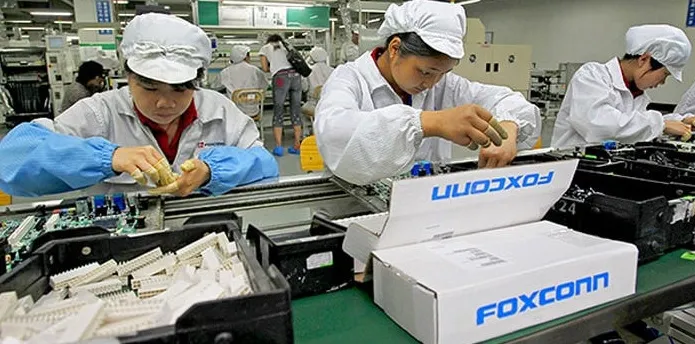Foxconn finalises acquisition of Japan's Sharp and its solar unit
Foxconn, the Taiwanese contract electronics assembler, finalised its acquisition of Sharp, having promised earlier this year to reinvigorate the ailing Japanese giant’s ailing solar business.
